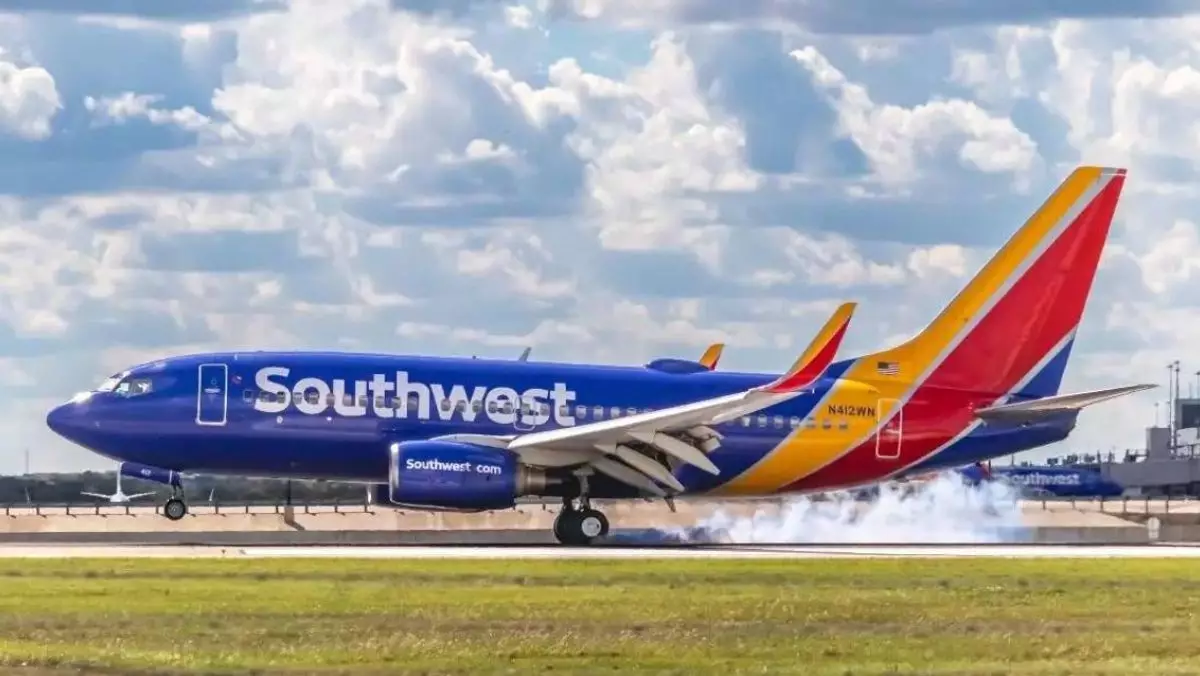The recent restructuring of Southwest Airlines’ board of directors marks a significant turning point in the airline’s governance and strategic direction. Rakesh Gangwal, an influential figure in the aviation industry as the co-founder of India’s IndiGo and former CEO of US Airways, has been appointed as the new chairman of the board. His selection indicates a strategic pivot influenced by activism from notable stakeholders, particularly Elliott Investment Management, who have highlighted the need for more diverse and experienced leadership within the company.
Elliott Investment Management has been a driving force behind this board overhaul, pushing for seasoned airline professionals in an effort to enhance the company’s governance. Their pressure to integrate members with extensive airline industry backgrounds is emblematic of a broader trend where activist investors seek to reshape corporate boards to ensure accountability and vision. Gangwal’s installation was largely seen as a responsive maneuver by Southwest’s management to appease Elliott and prevent an unwanted proxy battle. The political landscape of corporate governance is evolving, and the need for dynamic, knowledgeable leaders like Gangwal is more apparent than ever.
The board’s reconfiguration goes beyond just a change in the chairmanship. A majority of new appointments have been designated to lead the various committees, aimed at revitalizing the company’s operations and safeguarding its interests. Lisa Atherton, the CEO of Bell, Chris Reynolds from Toyota, and David Hess of Arconic all have substantial experience that is likely to be beneficial in their respective roles. This shift suggests that Southwest Airlines is not merely satisfying investor demands but is committed to ushering in a phase of enhanced oversight and operational excellence.
Interestingly, the restructured board retains continuity through several existing members, such as CEO Bob Jordan. This blend of long-standing leadership and fresh perspectives could very well yield a balanced approach when addressing the challenges ahead for Southwest Airlines. However, the dynamics of having new appointees alongside seasoned leaders present both opportunities and potential friction as they align on strategic objectives and methodologies.
As Southwest Airlines endeavors to navigate the turbulent aviation sector, the stewardship of Rakesh Gangwal has the potential to catalyze change. The newly formed board, with diverse expertise spanning various industries, positions the airline to better respond to market demands and operational challenges. Stakeholders will be closely monitoring how these governance changes unfold, especially as the pressures of economic recovery and competitive strategy shape the future of commercial aviation.
As Southwest Airlines stands at this crossroads, embracing innovation through new leadership while maintaining essential historical ties will be critical in determining the airline’s trajectory. The combination of external influence from Elliott, alongside internal governance strategies, will undoubtedly define the future landscape of this iconic airline.


Leave a Reply